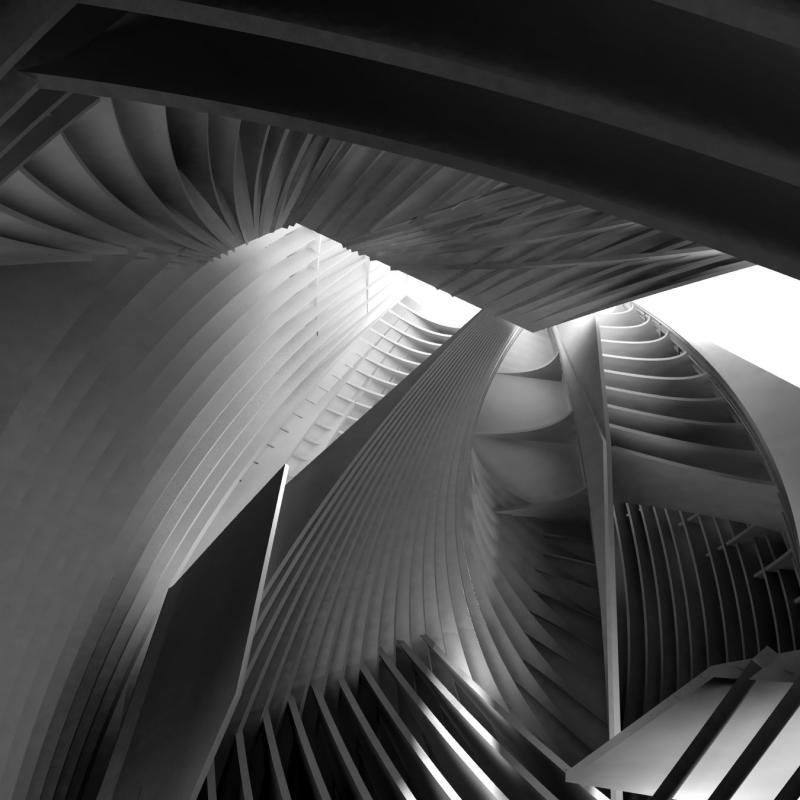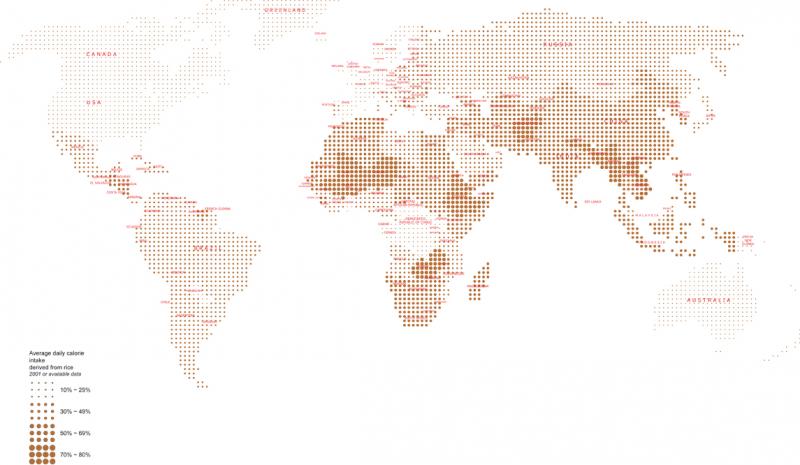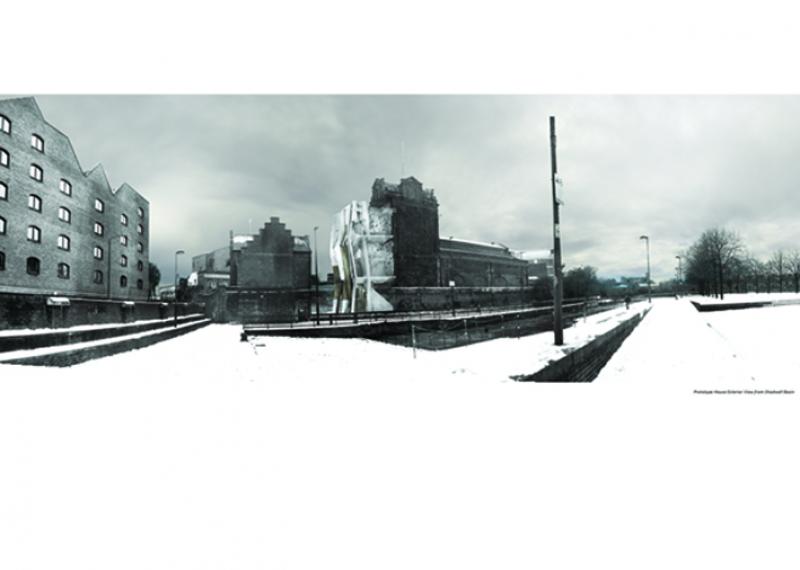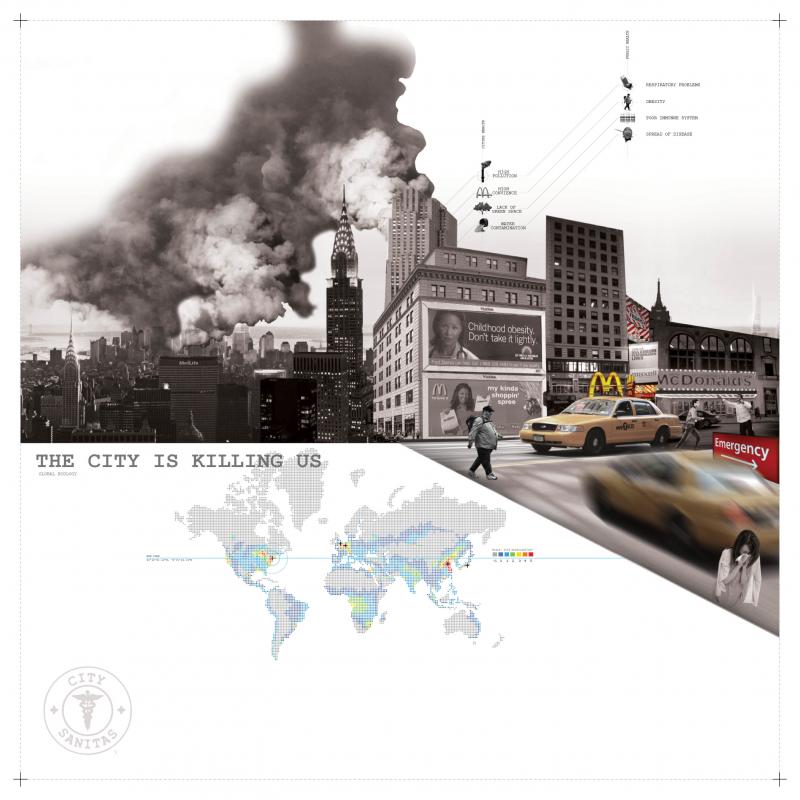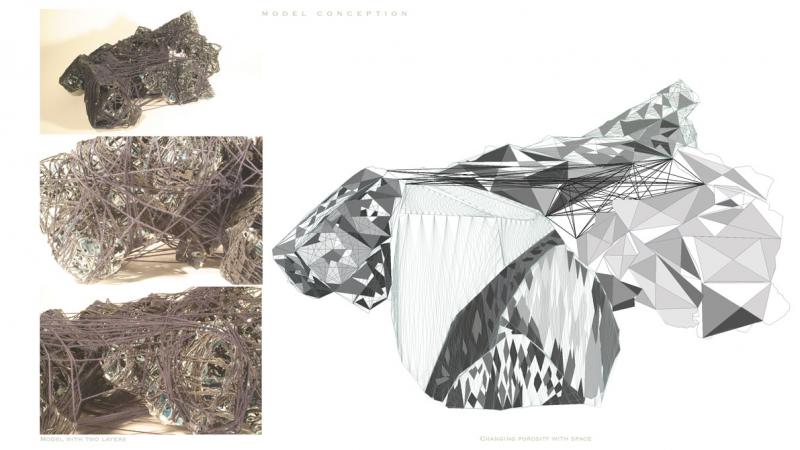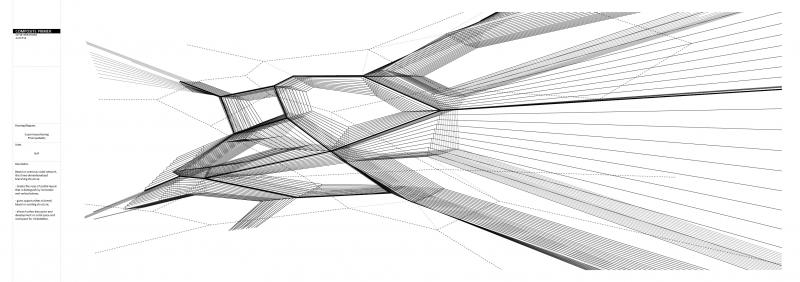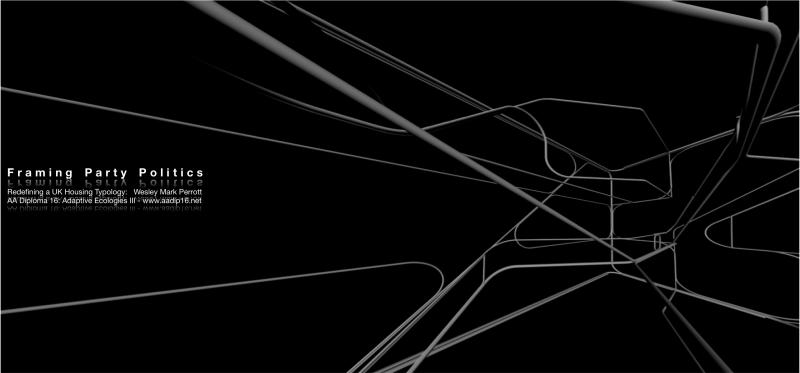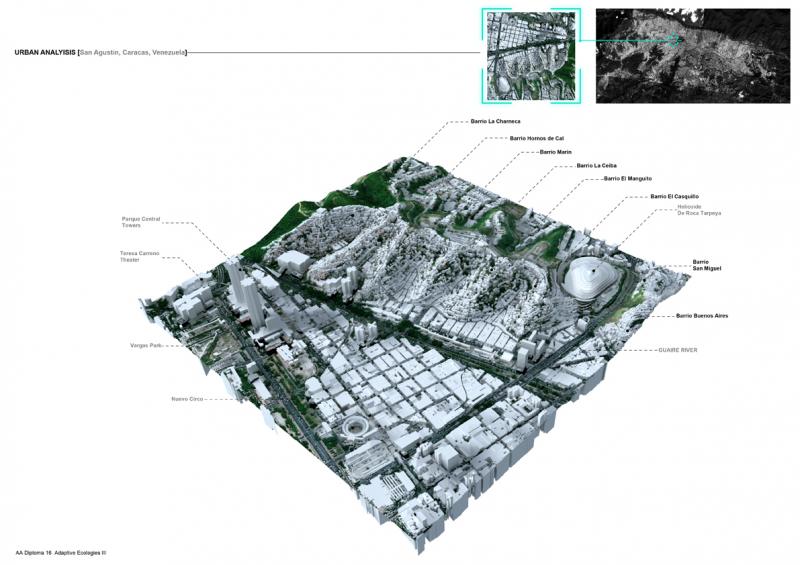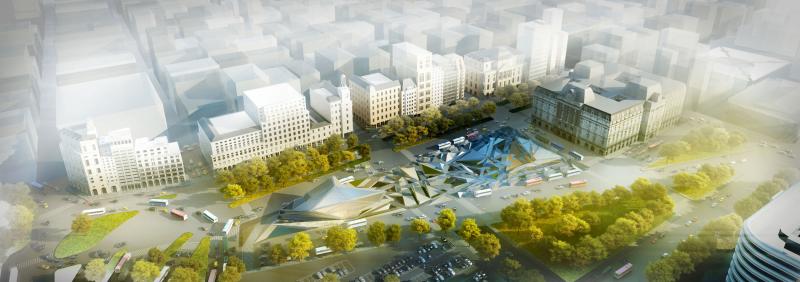Diploma 16 acts as antagonists of monotony and pursues the formation of a multi-dimensional architectural space and aesthetic based on composite conditions. The unit aims at formulating a conceptual framework and discourse on architecture, searching for notions of future scenarios and spatial imaginations that defy sensible Cartesian representations. We challenge standardised modes of production, materiality and conventional forms of representation and reductive models of topology and typology. This confrontation attempts to exploit a host of complex relationships that inform an overall architectural ecology, synthesising ideas of technology, nature and people across a range of different scales. Embracing a time-based holistic ecology as the key to engendering creates the potential for new spatial sensibilities to emerge. To achieve this, projects seek to exploit rapidly changing environmental, economic and cultural conditions as a springboard for collaborative working models, innovative green design and a visionary aesthetic.
Informed by developments in parametric design, new material research and modes of fabrication and production, the projects engage with ecologies of the near future. Working with more intelligent, sustainable and adaptable composite materials opens up the possibility of forming components of innovative building taxonomies. The notion of the composite students have applied to material research, digital methodology, programmatic organisation and architectural performance as they explored intricate and / or reciprocal information and phenomena in both a parallel and iterative manner.
Diploma 16 attempts to nurture environmentally conscious design talent allowing the student to develop his or her individual design agendas, techniques and processes, which through intense research ultimately define a personal design thesis.
